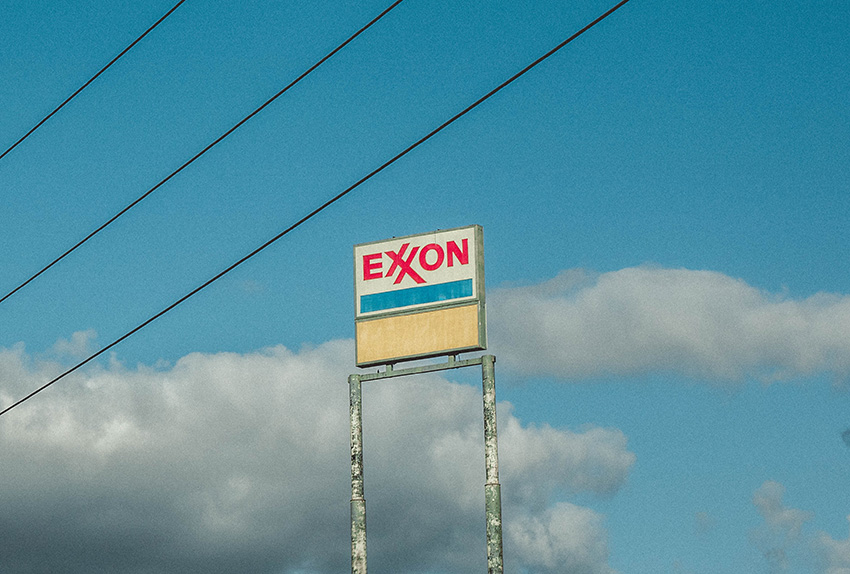ExxonMobil has expanded its biodiesel agreement with Global Clean Energy Holdings; now, the American oil major will be the exclusive buyer of the biodiesel produced by Clean Energy Holdings; the companies announced this Monday.
Firstly, this expansion is a follow-up from the previously announced agreement between the companies. Originally, Exxon was supposed to purchase 2,5 million barrels of renewable diesel per year, form Global Clean Energy’s Bakersfield biorefinery.
Secondly, the new agreement comprehends the purchase of 5 million barrels per year; starting at the production startup of the Bakersfield facility, scheduled to begin in early 2022.
Thirdly, the production of renewable diesel by Clean Energy Holdings comes from its patented camelina crop, which can significantly reduce the life-cycle greenhouse gas emissions of the fuel.
Moreover, based on analysis of California Air Resources Board data, the renewable diesel coming from non-petroleum feedstock, can lower its GHG footprint in 40 and even 80%, compared to the traditional diesel. Such margin would depend on the feedstock used to produce the biofuel.
Also recommended for you: Maple Hill Solar begins construction; benefit for 18,000 Pennsylvania homes. Click here to read.


ExxonMobil expanding its solutions to a greener future
Consequently, the camelina crop can help meet the growing global demand for lower-carbon non-petroleum feedstocks.
In addition, the Bakersfield biorefinery will process around 15,000 barrels per day of renewable feedstocks; including the camelina one. Therefore, the biodiesel produced by Clean Energy Holdings and purchased by Exxon will be sourced from various of those feedstocks.
On the other hand, Ian Carr, president of ExxonMobil Fuels, said about the agreement. “ Firstly, our expanded agreement with Global Clean Energy reinforces ExxonMobil’s longstanding efforts to support society’s ambitions for lower-emission fuels.”
He also remarked. “Through our growing relationship, we remain focused on bringing renewable fuels to market that make meaningful also contributions to help consumers reduce their emissions.”
Finally, Richard Palmer President & CEO of Global Clean Energy Holdings, said. “By working together across traditional agricultural, also energy and supply chain lines; we are also showing how agriculture and energy, big and small, can collaborate to bring lower-carbon fuels to market.”


